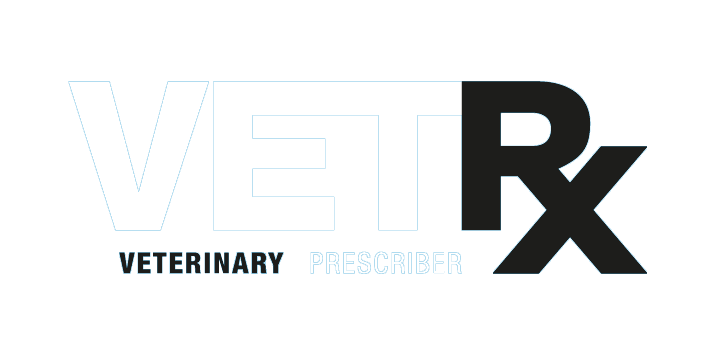A Guide to Senvelgo: How to Find the Information You Need
What is Senvelgo?
Senvelgo is the brand name of a new treatment for diabetic cats. It has recently become available for vets in Great Britain to prescribe, having been authorised for marketing here by the Veterinary Medicines Directorate. Senvelgo contains the active ingredient velagliflozin. This is a type of drug known as an inhibitor of sodium-glucose co-transporter 2 (or SGLT-2 inhibitor). Velagliflozin works by blocking the reabsorption of glucose in the kidney, so more glucose is lost in the urine; this leads to a fall in blood glucose levels. Senvelgo comes as a honey-flavoured oral solution that is administered once a day.
Treatment with a SGLT-2 inhibitor is a new way of managing diabetes mellitus in cats. The availability of a licensed oral treatment for diabetic cats is also novel.
Senvelgo is a new development in the treatment of feline diabetes
Insulin, together with a low-carbohydrate diet, is the mainstay of treatment for diabetic cats. Insulin therapy is usually provided with long-acting insulin injections. Normally diabetic cats need to have insulin injections twice a day. Now that the Senvelgo oral solution has been approved as a treatment for cats with diabetes, the possibility of being able to use a once-daily oral treatment instead of twice-daily insulin injections is obviously attractive to vets and cat owners alike.
The choice between a once-daily oral solution and twice daily injections might seem like a no-brainer. But treatment choices are rarely this simple. Whenever a new medicine comes along, a vet has to decide: Should I use it? Should it replace what I currently prescribe? These questions are as true for Senvelgo as they are for any other new treatment.
Senvelgo vs. insulin therapy: a lot to consider
Of course there are many things a vet needs to know about a new treatment, such as Senvelgo, before deciding whether to recommend and prescribe it for a patient.
What is known about the beneficial effects of the treatment?
What are the side effects of the treatment
How does the new treatment compare with the standard therapy in terms of benefits and side effects?
Are there any animals for which the treatment is unsuitable?
Is there a particular type of patient for which the new treatment might be particularly suitable?
What is known about the long-term benefits and potential harms of the new treatment.
Does it interact with other medications?
What monitoring is needed? And how does this compare to the standard treatment?
How convenient is it to administer?
What are the cost implications – not just the basic cost of the medicine, but taking into account other factors, such as monitoring costs?
Are there any environmental considerations?
Gathering and critiquing all this information is quite a job and obviously takes time. Veterinary Prescriber’s independent reviews of new medicines are designed to help the busy vet, by searching for and critically-appraising the evidence. The reviews also incorporate the views of practising clinicians so that practical considerations are incorporated. The result is a succinct and practical, fully referenced summary that provides answers to these important questions.
Guiding the pet owner
By considering all these factors, the vet is able to consider the pros and cons of a new treatment such as Senvelgo for cats and discuss these with the pet owner to reach the best decision.
Helping vets find the information they need amidst the promotional ‘noise’
When a new medicine comes to market, there is usually a lot of fanfare and promotional activity designed to draw attention to the product. This is useful: people want, and need, to know about a new, potentially useful treatment. However, promotional information is inherently designed to draw attention to all the good things about the new product. It doesn’t usually talk about disadvantages and uncertainties. But vets, and pet owners do need to know these things too. So it’s crucial that there is an impartial resource that vets can access to get a full view of the pros and the cons of a treatment. Veterinary Prescriber’s reviews also scrutinise promotion claims.
Veterinary Prescriber is completely independent of the pharmaceutical industry. It takes no sponsorship or advertising. It is supported by subscriptions. This means that reviews of medicines can be completely objective. Click here to find out more about how individuals and veterinary practices can subscribe to Veterinary Prescriber.

